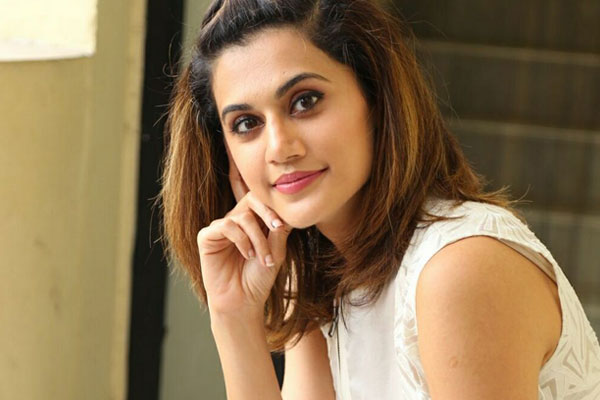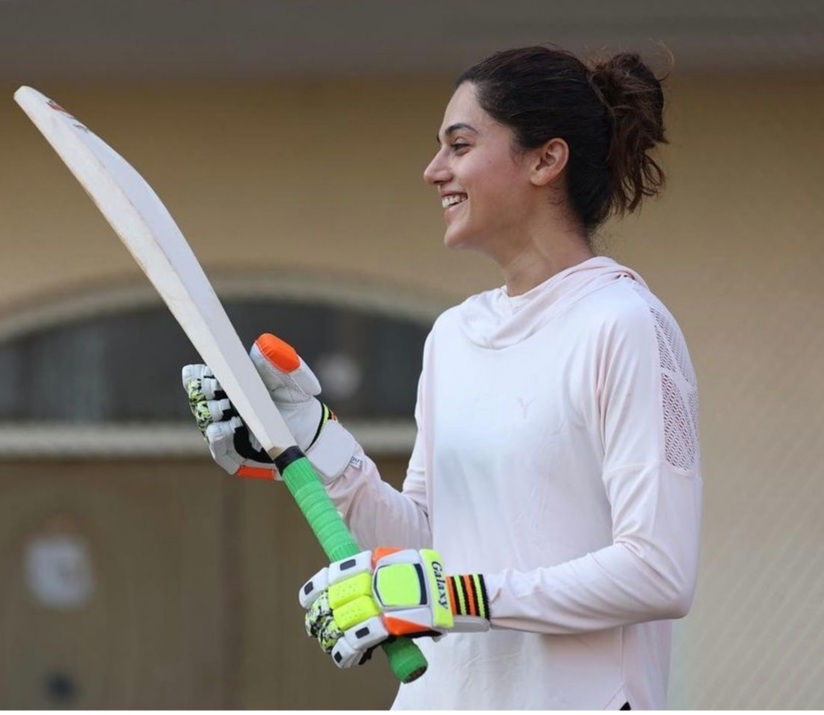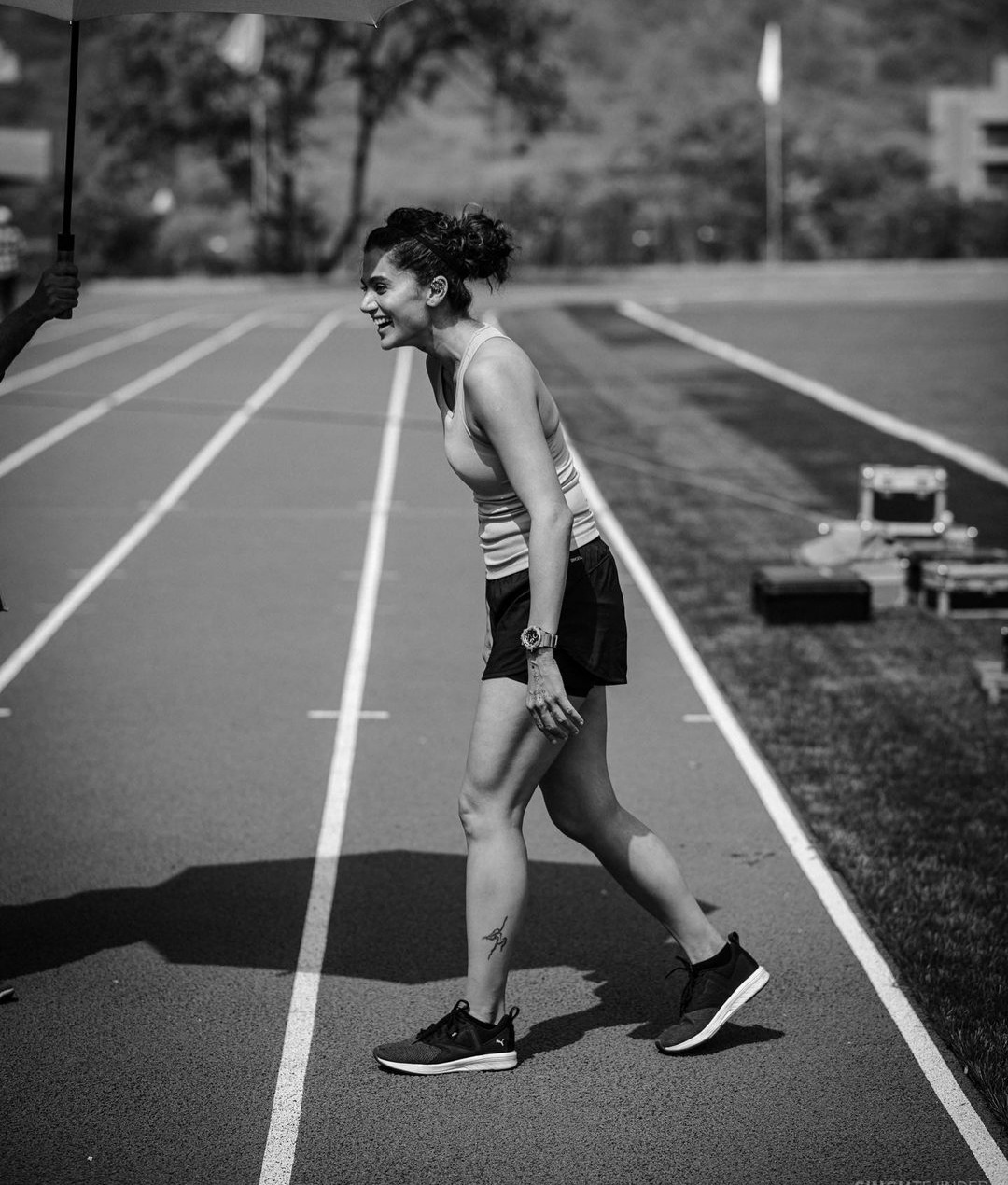Your upcoming film, Rashmi Rocket, is the journey of a girl from a tourist guide to a top track and field athlete, and the sex test or gender discrimination test that Rashmi Veera is forced to take. What’s your personal take on these tests?
The yardsticks set over years and applied are horrific! What gives anyone the right to decide that if your testosterone level is higher than what is acceptable, you are not a woman and that you should race with the men. These tests are archaic and need to be reviewed immediately. Science has progressed a lot and I’m sure there are better ways of assessing athletes.
Two Indian athletes, Dutee Chand and Santhi Soundarajan, were both subjected to these humiliating tests. Did you meet them as part of your prep?
No, I didn’t meet them, but I read up about them and several other international athletes who had gone through these tests. Not just the ones who challenged them, but also those who succumbed to the pressures, to understand both sides of the story.
Our film is not one person’s story, it’s a combination of many things multiple athletes have gone through. I studied them all as part of my prep to understand how different women reacted to the situation, picking up bits and pieces from their journeys to make myself feel a certain way.
You are now busy with another sports film, Shabaash Mithu, the official biopic of Mithali Raj who captains the national women’s cricket team and has just set a record for the world’s highest run scorer. What’s the experience been like?
Mithali is not an easy character to portray and it’s not just because of all the cricket I have to play. Yes, cricket is a big part of the narrative, but what’s even more challenging is that behaviourally, she is very different from me. As a result, I felt like a fish out of water at times.
At the same time, when you step into the shoes of someone you are initially unsure you can pull off, it helps you bring something never seen before to the screen.
It’s been one year of Thappad and two years of Badla, two of your commercially successful and critically acclaimed films. When will you collaborate with Anubhav Sinha and Sujoy Ghosh again given that both these directors are excited to reunite with you?
I don’t know when we will do another film next, but I will work with Anuhbav sir, Sujoy and Anurag (Kashyap) again, that I’m sure of, 100 percent.
It’s already Dobara with Anurag…
Yeah, the film is about connecting with another time zone. It’s an out-of-the-box concept. When I collaborate with these filmmakers, we will definitely do something worth your attention. I anyway don’t like to repeat myself.
Every film has helped me carve a niche for myself. And even though they put me in tricky situations, I don’t want to continue to pick up unexpected genres and exciting stories where I myself don’t know how to go about things.
What is the challenge of Blurr your first home production?
That this character is slowly losing her sight as the story progresses. It’s one thing to not be able to see at all—for that I used lenses which made me actually blind—and quite another to be able to see 50 percent… 30 percent… 20 percent. That can be tricky, but that’s one of the challenges that drew me to the project.















